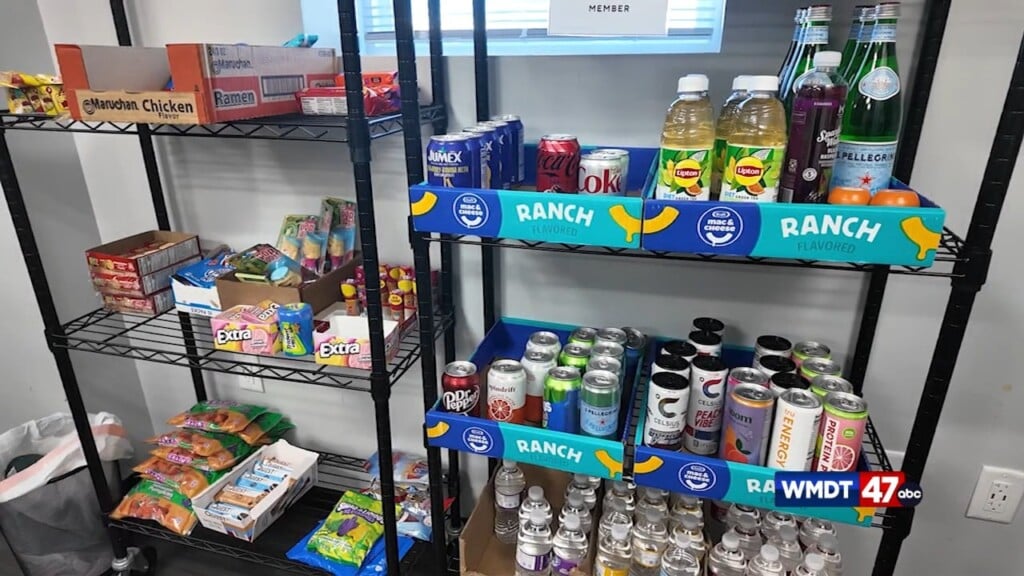SCOTUS voting decision shows “hands off” approach to voting rights says DSU Con. Law Prof.
DELMARVA – The Supreme Court ruled this week to force Alabama to create a second majority-black legislative district, mirroring a lower court ruling and against the wishes of Republican interest groups who brought the suit before the Supreme Court.
DSU Constitutional Law Professor Dr. Samuel Hoff says while the ruling appears to be a rare win for progressives from the conservative majority, he says there is more going on under the hood of this decision that signals a major shift in the court’s approach to voting rights.
“Just because a Federal judge panel will decide the fate of the present ruling in the ongoing Alabama redistricting case does not portend future intervention by the Supreme Court in this area of constitutional law. The path has rather been toward a hands-off approach since the 2019 ruling in Rucho v. Common Cause. The last two decisions involving Alabama—in June and Tuesday—are an exception,” Hoff said, adding that the court is arguing against getting involved in questions of map drawing instead of deferring to state courts and legislatures.
“You can say, well, there’s a conservative super majority, so they’re loosening this up to help Republicans but after all, the example that we just gave shows that it can cut either way, affecting either Democrats in some states and Republicans in others. They seem to be holding the most fundamental basics of the 1965 Voting Rights Act, but allowing states much more discretion than they used to,” Hoff said.
Hoff believes the ruling will mean state legislatures controlled by both parties will see less pushback on drawn maps from federal courts, saying outcomes like the 2022 Maryland redistricting fights to become more common, as the court refuses to step in as previously done under federal voting rights statutes.
“The irony in the court’s decision on Tuesday in the Alabama case is that its non-action benefitted progressives and civil rights advocates rather than conservatives,” Hoff said adding that the ‘hands off’ approach could also seek to keep voting restrictions in place in states with conservative majority state houses.
For Maryland and Delaware, he says it most likely means minority republican challenges to voting maps will meet a similar fate to Alabama plaintiffs.


